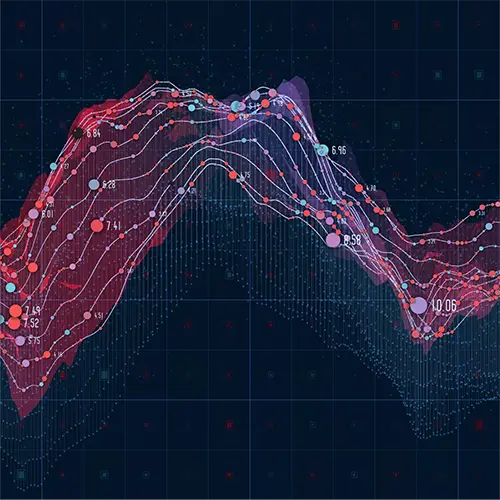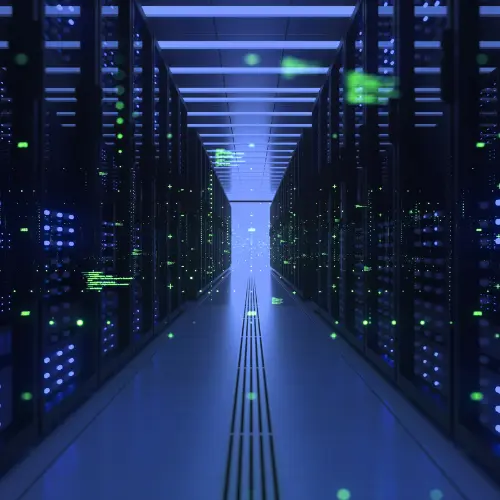StarQuest Rebrands as Stelo: New Name, Same Stellar Solutions and Support
This week, we announced StarQuest has rebranded as Stelo as we continue to bring enterprise-class data replication to global organizations.
Evolving Your Data Management Strategy Beyond Data Warehousing
Data is much more alive and dynamic than ever before. It’s not just information: It’s action. Data feeds machine learning (ML) and artificial intelligence (AI) algorithms, connects workflows, and provides meaningful insights. The “new frontier” of data ingestion goes beyond warehousin …
Using Delta Lakes to Scale for the Future
In a rapidly changing data management landscape, scalable technology solves immediate challenges for businesses while leaving space for adaptation. Scalability is critical for futureproofing, so how can you prioritize it when selecting data management technologies?
5 Questions to Answer Before You Start Moving Your Data to Delta Lakes
With increasing computer-processing power and storage capacity, businesses are dealing with boatloads of data—customer profiles, sales data, product specifications, you name it. Further, data is coming in a mess of different formats from many different sources. This problem isn’t new. …
5 Tips for the Best Data Replication Strategies
Data replication allows businesses to get more from their data.
How Does Real-Time Data Replication Work?
In today’s world – where data is produced in greater amounts and at higher frequencies than ever before – it’s crucial for businesses to keep their data up to date.
A Quick Guide to SQL Server Data Replication
If your business has an SQL Server environment functioning as a system of record, you may find that you need to make data available outside of it.
What Is Data Replication?
Data replication is a process by which data is made available outside of the systems that are used to produce or maintain it.
The Top 8 Data Replication Tools for 2021
More data is being created than ever before – and more is being asked of data than ever before, too. Consequently, it’s increasingly important for enterprise organizations to have access to data outside of production systems.









